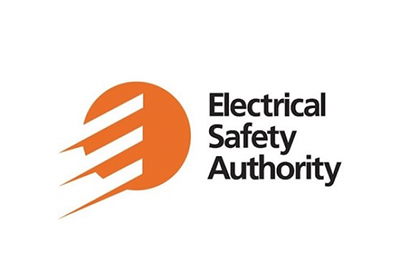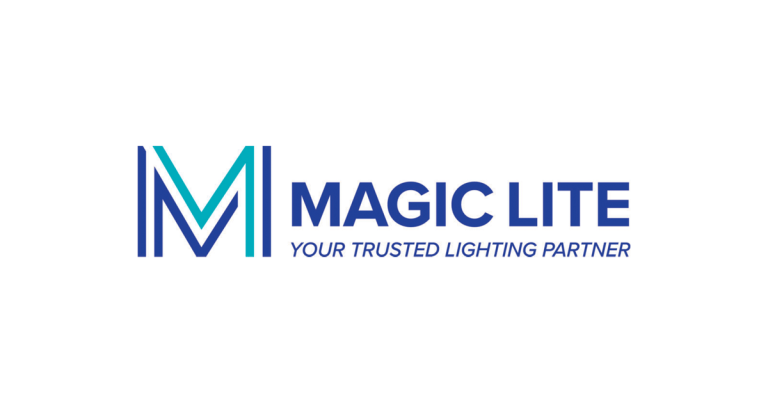Discussing the Importance of Licensing and Safety with ESA’s Soussanna Karas

Dec 16, 2020
By Blake Marchand
In Ontario, subject to few exemptions, any business that offers or performs electrical work must be licensed by the Electrical Safety Authority. The Licensed Electrical Contractor (LEC) must abide by the Ontario Electrical Safety Code, the Occupational Health and Safety Act, Workplace Safety and Insurance Act, and other applicable laws. As per the terms of the licence, the LEC must meet obligations related to the supervisory, administrative, and safety requirements of carrying out electrical work.
Soussanna Karas is ESA’s Director of Licensing. Part of her role, which she took on in January 2020, is to manage the ESA licensing department. There are approximately 8,500 Licensed Electrical Contractors and 14,500 Master Electricians licensed with ESA. “My department manages renewals, registrations, concerns and inquiries compliance issues in relation to licence holders and receives and address and complaints from the public,” she explained.
Karas’ department also manages reports from the public on the underground economy. Electricians doing electrical work without a license or those who pose as licensed electricians. They do proactive investigations, as well as respond to complaints or reports from the public.
If their investigation finds a breach of legislation, it is passed on to ESA’s legal department who oversees the prosecution of the matter before the court.
ESA recently sent out a press release regarding a contractor operating without a license that tragically resulted in a fatality. Highlighting the danger associated with electrical work, the importance of maintaining licencing, as well as the role businesses and individuals play in doing their due diligence when commissioning electrical work.
“We spend quite a bit of time educating consumers and business owners about the importance of hiring Licensed Electrical Contractors. We continue to target the underground economy because the more people know about hiring unlicensed electricians the safer Ontario will be,” commented Karas.
“It’s a shared goal and we all contribute to that goal,” she added.
Karas makes a good point. The ESA can’t be everywhere at once, all involved parties need to have a focus on safety in this regard because the dangers posed cannot be understated. That also includes ensuring notifications are filed with ESA for electrical work.
“There’s a number of ways you can check who you are dealing with,” said Karas on how to determine if a contractor is licensed, “Number one is to check their licence number,” all LECs will have an ECRA/ESA licence number, “It should be visible on the contractor’s business card, on their quote, or any correspondence in writing you receive.”
“If you have any concerns, the ESA website has a contractor locator tool,” which contains registry of all licensed contractors. Where you can search by location, name, or license number.
“If you don’t see a match, that’s a red flag.”
In that case you should contact ESA and they will conduct an investigation.
“Another red flag is if the contractor says you don’t need to file a notification with ESA, or they ask you to do it in your own name.”
Another potential red flag is if an invoice or receipt isn’t provided.
The biggest concern is if they don’t have a valid ECRA/ESA licence, Karas said, “If they do, they’re insured, they’re licensed, they’re knowledgeable and skilled.”
It’s also important for contractors themselves to confirm the electricians they hire are up to date on their certifications from the Ontario College of Trades.
“When ESA encounters someone operating without a licence, we ensure that we educate people, that’s our first step.” Even contractors may not be aware of an expired licence, so their first step is always to educate. If they find instances where the contractor did know, or was informed, “because we already told them about this, we caught them before or we charged them before, that means their non-compliance is willful.”
This applies to electrical contractors who willfully neglect to comply with the Electricity Act and its regulations, those who operate an electrical contracting business without a licence, persistently failing to file a notification of work with ESA, as well as violations of the Ontario Electrical Safety Code.
Businesses should ask for a certificate of acceptance, which is the document ESA issues that certifies an electrical installation complies with the Ontario Electrical Safety Code. “That gives you peace of mind, as a business owner and home owner, to know your electrical installation is safe. Owners are responsible for safety themselves.”
In the Leamington incident, a worker received a fatal shock while working on live wiring carrying 600 volts. The business was fined $100,000 as well as an additional $25,000 victim surcharge that goes into a government fund to support victims of crime. ESA also charged SR Sprinklers for operating as an unlicensed contractor. The case is currently awaiting trial.
“Allowing unlicensed and untrained electrical contractors to work with electricity can lead to tragic consequences for all concerned. A family lost a loved one; a business was convicted and fined and will continue to operate with knowledge of this incident and a community of Leamington was shocked and devastated,” said Karas at the time. “This is an important reminder that business owners and operators must understand legal requirements when hiring people to do electrical work. It’s the law in Ontario that only Licensed Electrical Contractors can be hired to do so.”






![Guide to the Canadian Electrical Code, Part 1 – 26th Edition[i] – A Road Map: Section 54](https://electricalindustry.ca/wp-content/uploads/2022/11/Guide-CE-Code-2-768x432.png)





![Guide to the Canadian Electrical Code, Part 1 – 26th Edition[i] – A Road Map: Section 54](https://electricalindustry.ca/wp-content/uploads/2022/11/Guide-CE-Code-2.png)




